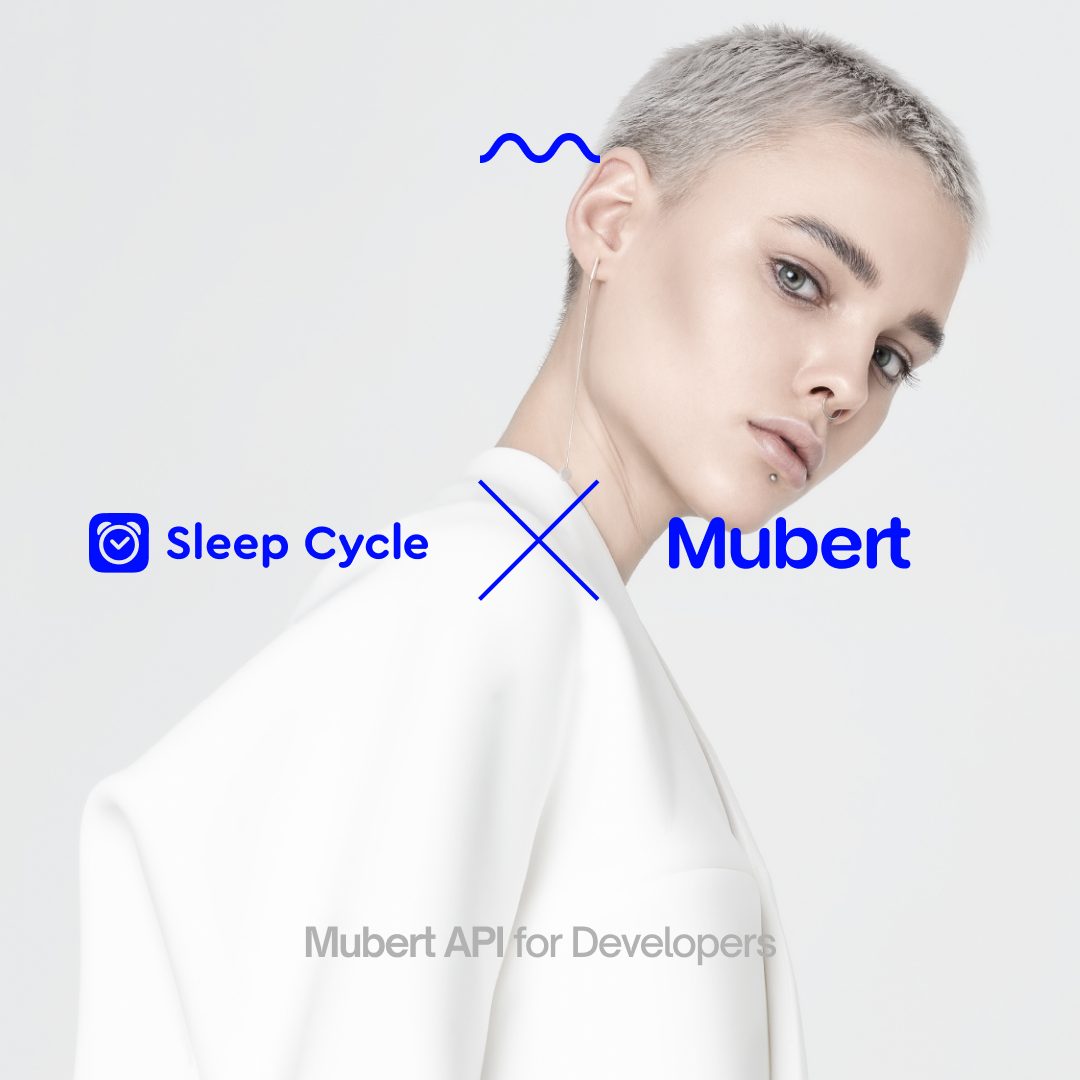The impact of music on the life of human beings cannot be overrated. People would rather do without sports, newspapers, movies, the internet and smartphones. But music is important. When we listen to masterpieces of Debussy or Wagner it is truly astounding how such beauty can be created. The essence of talent is a mystery. We all have been to live shows at least once, and this feeling evoked by music is unexplainable. According to numerous scientific studies, music makes people think of themselves, distract from the outside world and forget about reality, calm down and acquire additional meaning to life. It is all about subconsciousness. Music is magic and music has power. Prominent businesses leverage this knowledge and it bears fruit.
“Music gives a soul to the universe, wings to the mind, flight to the imagination and life to everything.” ― Plato. I think the great Athenian philosopher will not mind if I add “music gives profit to business owners”. In a world where companies fight for unparalleled user experience, the sound appears to be a decisive competitive differentiator. The secret is in the ‘right’ music being played. Again, the relevance matters a lot when we speak of personalized UX. Customers will leave public places in the case of the music not suiting their brand identity. On the contrary, they are more likely to stay longer, come back and buy more if they like what they hear. The trick is to find the balance and satisfy both brand profile and customer tastes.
There is more to it. Customers are concerned about the moral aspects of music accompaniment in public places. They want things to be right, and musicians should be appreciated and paid for their music being used. And, if people find out businesses act unethically and illegally, their attitude towards a business will change to negative. A watershed between companies and their clientele implies a conflict of interests. While customers want justice, every business owner cares about cutting costs. Paying royalties is a hit to the wallet. Streaming services are popular, however, they cannot provide a solution to cover all needs at once.
Music recommender systems: far from perfect
The development of music recommender systems or MRS is the subproduct of streaming services that have mushroomed in recent years. Thanks to services such as Apple Music, Spotify, and Pandora, people acquire access to immense catalogs. In the old days, it took quite an effort to find the music you want. Today, millions of tracks and artists can be found in a matter of seconds. People hate having multiple choices. In this respect, MRS is used to filter and narrow down offered music based on the specific preferences of the user. Basically, highly relevant recommendations are the exact feature listeners want to see in those online streaming services. Though, they have a number of serious flaws.
MRS vulnerability boils down to one thing: they fail to take into account a vast number of factors that influence decision-making in music. Current recommendation systems waltz around the user-item interaction approach and descriptors based on content. In reality, music choices at a specific point in time are driven by internal and external factors as well as context. Emotional state, plus weather conditions, plus social surrounding form this particular narrow halfway we want to walk through here and now. It does not mean we will necessarily go back there again. Nowadays, MRS is unable to provide relevant recommendations for newcomers; the ‘cold start’ issue as we know it — not enough data. Also, when we manage our playlists, it’s not the order of tracks that matters: we pay attention to the entire ensemble and the transition from one track to another. Adding one more track to the existing playlist, so that it fits perfectly, is another challenge.
Recommender systems, in fact, represent one side of the problem with streaming services.
Streaming services: the big picture
The debate on the sustainability of streaming services revolves around money and ethics. To what extent are these platforms transparent, fair in terms of artists’ recognition? Record labels have been holding a grudge for a long time. In the case of Spotify, the platform did not hesitate to make deals with artists directly cutting out the record labels — this is one of the practices that questions morality.
Armies of paying subscribers across the globe do not seem to have saved the day. Despite its growing customer base Spotify, for instance, used to be unprofitable for years since the day of its inception. The price of the subscription is one of the major motivators for the illegal consumption of music. Streaming services — the largest of them — may be different in design; they provide the same catalog with approximately 300 million tracks. Here we cannot talk about differentiation as compared to video streaming platforms that have original content.
Embarrassing news on data security appeared at the beginning of the year. There has been a lot of speculation on how Spotify sells user data: there is a lot happening in terms of online marketing and data sharing you would never think of. The giants of the online streaming market are the ones that are targeted by constant GDPR complaints. They refer to user rights structural violations: streaming platforms have automated response systems for access requests. Users do not get sufficient data, for instance, who their data is shared with. In addition, little protection is provided to user privacy.
How music met AI
You have to face it: the future is here. Artificial intelligence changes companies, businesses, industries; it has changed the way we interact with the world. At first, AI approached the area of figures and computation. When neural networks entered the world of art painters, musicians, and artists all over the world started getting nervous. In the context of art and AI, there are a lot of debates on what makes music human, whether there is anything an algorithm cannot learn. The big question is — will AI replace or help? Let’s put the alarmist paradigm aside and look in the direction of the opportunities.
From a business perspective, sound is an important element of UX. By providing personalized experiences through music, a company creates its own unique atmosphere and differentiates itself. At the same time, businesses in horeca domain are interested in functional music: it’s not meant to distract by vivid emotional coloring. French restaurant clients, for instance, would hardly enjoy their glass of wine listening to Bjork or Puccini’s Tosca. So, functional music for business must provide a light background, a supplement to an environment. Driven by this idea, we elaborated the framework to tackle all the existing challenges and provide an on-demand solution. Mubert offers a limitless library of different moods, genres and themes: from a mellow 50 BPM to Drumnbass to Chill to Classical, you can find the right track for your needs.
Mubert AI-based generative music streaming services platform kills two, or even three birds with one stone. The service broadcasts non-stop music via API; is capable of giving businesses exactly what they want —personalization, cost-cutting, differentiation, unique UX for their customers. Algorithms write music in real-time mode: they compile never-ending streams of music that do not need to be managed. AI accesses a large database of patterns written by human composers. Neuronets fulfill the task of conductor: it takes into account the current circumstances and manages tiny musical pieces accordingly.
Mubert’s innovative approach comes with ease of use. The platform’s technology does not have all the stereotypical functions that other streaming services have — the appropriate streams are in one-click proximity. Moreover, the platform is adaptive to external commands or device sensors which makes it a suitable solution for smart homes and voice assistants. Ultimately, the service provides businesses with copyright protection. Mubert addresses legal issues via copyright-free music — no contracts, no royalties. What separates a business from personalized music accompaniment? Only the purchase of the subscription. That’s it.
The flexibility of generative music has been successfully tested in a number of industries, and gaming is one of them. Historically, gaming streamers were banned from services for illegally using music in the background. The problem with copyright holders is not new, and Omlet Arcade, with its 1 million monthly users, reaped the benefits of generative music. The partnership resulted in around 66 thousand unique streamers creating approximately 780 hours of unique content within the first month.
Personalized user experience literally means getting personal with customers: their lives are much more than content, they go far beyond that. The audience is sophisticated. Everyone needs to feel privileged, special, and have a sense of being considered important. Music appeals both emotionally and intangibly, which further pays off with rather tangible sums. We are all customers and when it comes down to what we like — nobody can deceive us. We know when a business cares and tries its best to please us. Leveraging cutting-edge tech for unparalleled UX is a win-win option every business owner should consider.
PublicationsAbout us
Mubert is a platform powered by music producers that helps creators and brands generate unlimited royalty-free music with the help of AI. Mubert's mission is to empower and protect the creators. Our purpose is to democratize the Creator Economy.
For Creators API for Developers For Musicians








